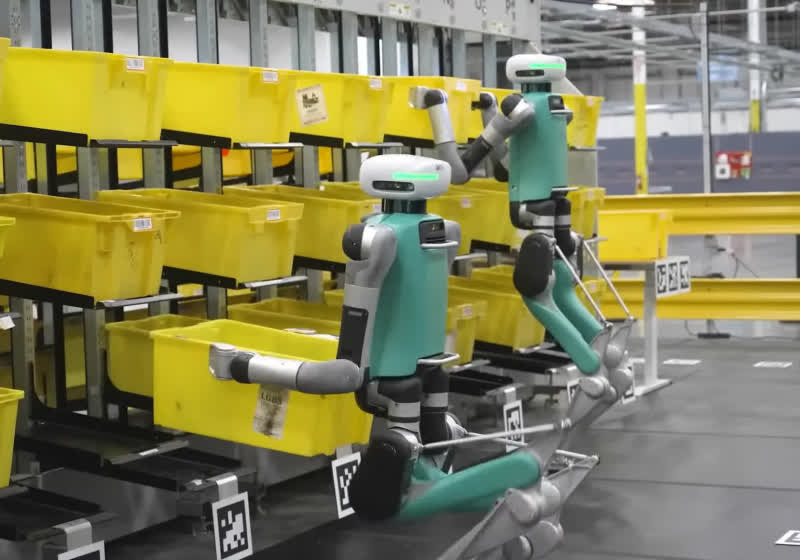Geometry-Aware Edge Pooling for Graph Neural Networks
PositiveArtificial Intelligence
Geometry-Aware Edge Pooling for Graph Neural Networks
A recent study highlights the importance of geometry-aware edge pooling in Graph Neural Networks (GNNs), which are increasingly vital for handling large datasets in real-world applications. This innovative approach not only speeds up training but also enhances the model's ability to generalize by preserving essential graph structures. As GNNs continue to gain traction in various fields, this advancement could lead to more efficient and effective solutions for complex graph-based tasks.
— via World Pulse Now AI Editorial System


